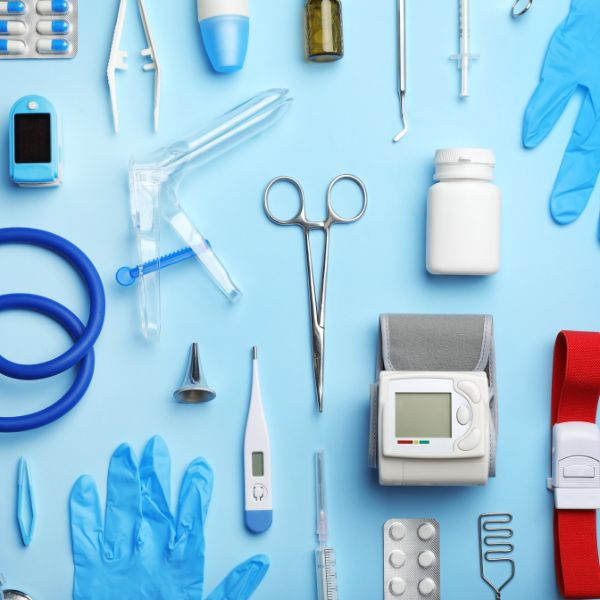Dianne Pajo https://rimnetics.com 2m 453 #medical
The views of this article are the perspective of the author and may not be reflective of Confessions of the Professions.

In recent years, the medical field has witnessed a significant shift toward more individualized care, with personalized medical devices at the forefront of this transformation. These devices, tailored to meet the specific needs and conditions of patients, harness the power of advanced technology and innovative design principles.
This evolution in healthcare reflects technological advancement and acknowledges the unique nature of each patient’s health requirements. Understanding why personalized medical devices are better will help healthcare professionals achieve a higher level of precision in treatments, resulting in improved patient outcomes and satisfaction.
Enhanced Patient Comfort
The one-size-fits-all approach is becoming obsolete, especially in highly sensitive fields such as healthcare. Personalized medical devices can fit the unique anatomical structure of each patient, ensuring a level of comfort that generic devices cannot offer. This customization is crucial in devices for long-term use, such as prosthetics, where a perfect fit can significantly reduce discomfort and improve quality of life.
Improved Efficacy of Treatment
A medical device’s effectiveness increases when its design caters to a patient’s specific needs. Personalized dental devices or custom-fit implants, based on a patient’s precise measurements, function more efficiently than their off-the-shelf counterparts. This customization can lead to faster recovery times, better health outcomes, and, in some cases, even lifesaving.
Technological Integration and Innovation
The rise of personalized medical devices is due to advancements in medical technology, such as 3D printing, biocompatible materials, and other innovative techniques. These technologies facilitate the rapid production of more sophisticated and functional tailor-made devices. Overmolding in the medical device industry offers new solutions to create and test devices, enabling healthcare providers to monitor patient health better and adjust treatments as necessary.
Reduced Risk of Complications
Due to their standardized designs, generic medical devices often pose a higher risk of complications post-surgery or insertion, depending on the procedure. Personalized medical devices are better because they match the patient’s specific physiology and significantly lower the risk of infections, allergic reactions, and other side effects. Such meticulous personalization enhances the biocompatibility of the devices, ensuring they integrate more harmoniously with the patient’s body.
Cost Effectiveness in the Long Run
Although personalized medical devices might seem expensive, they can be more cost effective in the long term. By reducing the need for readjustments, replacements, and the treatment of complications, these devices can ultimately lower healthcare costs for patients. Their increased efficacy and the consequent reduction in recovery times can significantly decrease hospital stays and medical bills.
Personalized medical devices represent a fusion of patient-centered care with cutting-edge technology, illustrating the profound impact of customization in healthcare. This shift toward personalization in medical device manufacturing not only promises better patient outcomes but also heralds a new era of innovation and precision in medical treatment.
(



![States That Break Their Devices the Most [Infographic] broken-phone](https://cdn.statically.io/img/cdn.confessionsoftheprofessions.com/media/2022/10/broken-phone-150x150.jpg?quality=100&f=auto)



